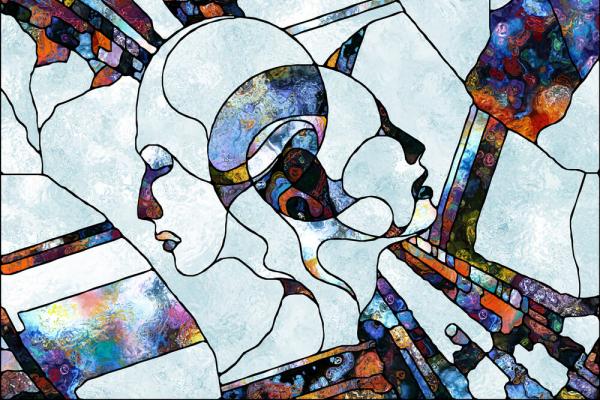Jun 24, 2021
I’ve grown weary of even engaging such attacks on CRT, so lacking are they in intellectual and moral integrity. Never mind that CRT is primarily a legal theory of how U.S. law has and should address racial discrimination, not a program of salvation; never mind that Greenway’s reading of the BFM would prohibit Southern Baptists from voting, speaking at municipal town halls, or engaging in any civic duty that does not literally and explicitly involve evangelism; never mind that critical race theorists, such as Kimberlé Crenshaw and Robin D.G. Kelley, propose means for overcoming the very “division, guilt and blame” that is supposedly celebrated by CRT proponents. Efforts to convince those so clearly immune to facts are rarely successful.
Read the Full Article

Already a subscriber? Login
